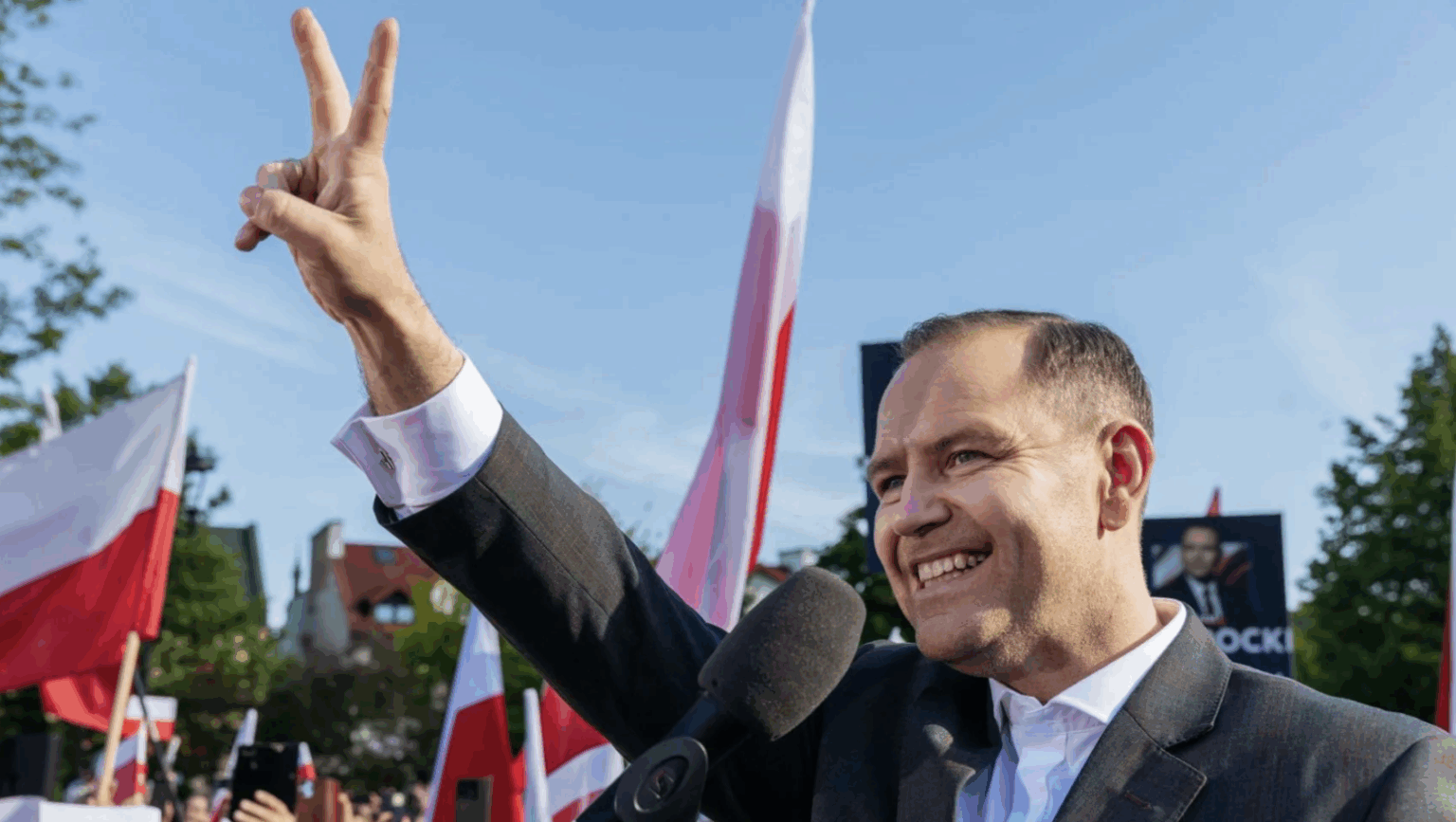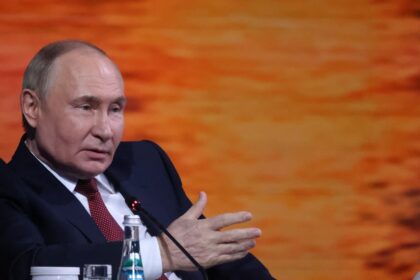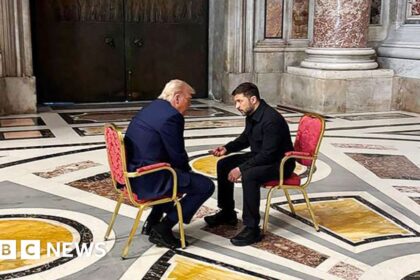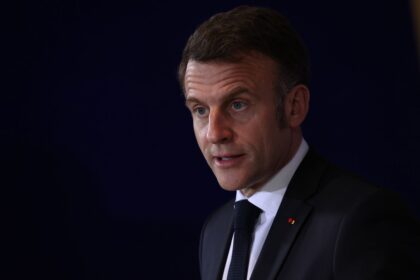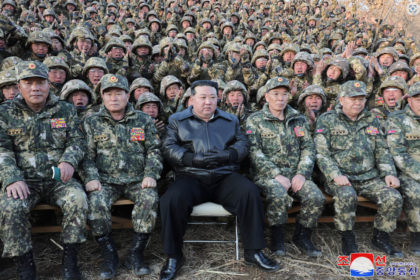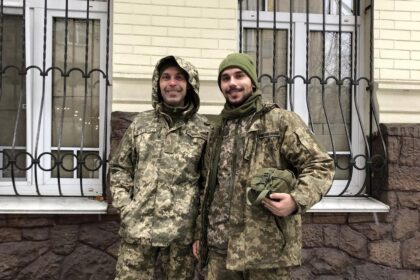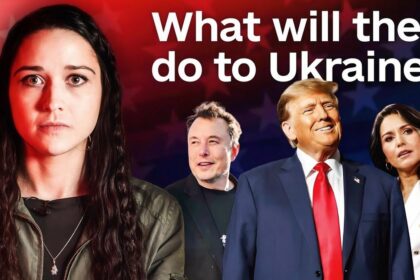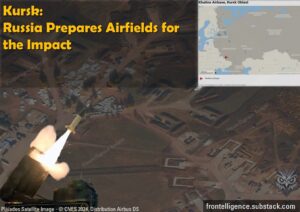**Poland’s Presidential Election: A Call for Re-Count and Investigation**
Former Polish President Lech Wałęsa has made a shocking demand, calling for a re-count or repeat of the second round of the presidential election. The conservative candidate Karol Nawrocki emerged victorious in the June 1st election, sparking controversy due to his stance on Ukraine’s membership in the EU and NATO.
**Controversy Surrounds Election Results**
The results of the second round showed Karol Nawrocki receiving 1,132 votes, compared to Rafał Trzaskowski’s 540. However, this dramatic increase in support for Nawrocki has raised eyebrows among many, with some calling it “quite improbable”. Polish Minister of Digital Affairs Krzysztof Gawkowski noted that the figures were suspicious and appealed to the National Electoral Commission to investigate.
**Irregularities Reported**
Polsat News reports irregularities in the vote count, citing suspicious increases in support for Nawrocki. The Election Commission in Kraków has been accused of mishandling the election results. Polish Prime Minister Donald Tusk stated that all documented violations must be investigated.
**Divided Memories and History**
The Volyn tragedy (1943-1944) is a sensitive topic between Poland and Ukraine, with over 50,000 Poles killed by the Ukrainian Insurgent Army (UPA). The Polish government has designated a memorial day for the victims of this genocide. However, Ukraine’s Ministry of Foreign Affairs has criticized this decision, stating it contradicts good neighborly relations.
**What’s Next?**
Rafał Trzaskowski’s campaign has urged citizens to report irregularities via a special website, which will forward reports to the National Electoral Commission. Poland’s Supreme Court will review the final results. The outcome of these investigations and demands for re-counts or repeats remains uncertain.
Wałęsa’s statement highlights the deep divisions within Polish society regarding Ukraine’s membership in international organizations. This controversy serves as a reminder of the complexities surrounding historical events that continue to shape modern-day politics.




